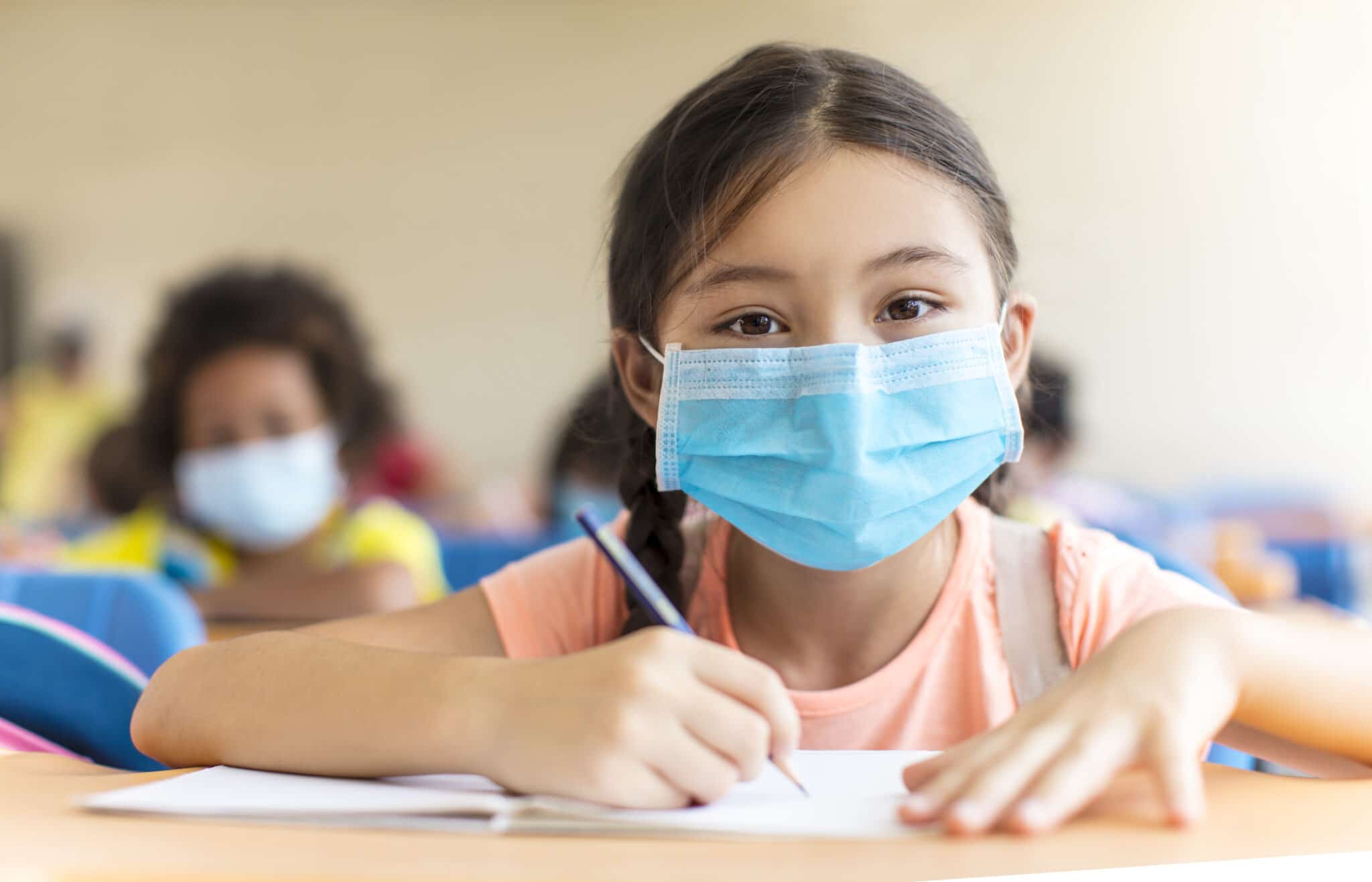Managing your child’s allergy and asthma care is crucial for their overall well-being, especially with the return to school. A proactive approach can help ensure that your child understands their responsibilities in managing their conditions, contributing to a healthier and more enjoyable school experience. Parents should regularly discuss their child’s specific allergies and asthma triggers and reinforce the importance of adhering to their care plan.
Understanding your child’s allergy and asthma care is important for their success at school.
Be Prepared
Effective Strategies for Your Child’s Allergy and Asthma Care
Child’s Allergy and Asthma Care: Understanding the specific needs and triggers of your child is essential for effective management.
Your child’s allergy and asthma care is vital for their health at school. Working closely with an allergist ensures that your child’s medications are up to date. This includes understanding dosages and how to administer inhalers or epinephrine auto-injectors correctly. If your child is uncertain about their medication, the allergists and staff at McGovern Allergy and Asthma Clinic can provide hands-on demonstrations and education tailored to your child’s age and understanding.
Make sure your child’s allergy and asthma care aligns with their school schedule to avoid complications.
Allergy shots can significantly enhance your child’s immune response to allergens, making them less susceptible to allergic reactions. Regularly scheduled allergy shots before the school year begins can help build tolerance and reduce allergic symptoms, which can be especially beneficial during peak allergy seasons. Discuss with your allergist the ideal schedule for these shots to maximize their effectiveness.
Regular check-ups for your child’s allergy and asthma care will help in managing their health effectively.
If you are still unsure about the right treatment for your child’s allergy and asthma care, the allergists at McGovern Allergy and Asthma Clinic can help.
In addition to allergy shots, it’s essential to explore other treatment options that may be suitable for your child’s specific needs. This might include daily antihistamines, inhaled corticosteroids, or other medications that can help manage symptoms effectively. The allergists at McGovern Allergy and Asthma Clinic can provide a customized treatment plan that not only addresses current allergies and asthma but also anticipates future challenges as your child grows.
Your child’s allergy and asthma care may also include lifestyle changes to reduce triggers at home and school.
Have a Plan of Action in Place
Before your child returns to school, it’s vital to establish a clear communication line with school staff regarding your child’s allergy and asthma management. Develop a comprehensive action plan that includes emergency procedures in the event of an allergic reaction or asthma attack. This plan should be shared with teachers, school nurses, and other relevant staff members to ensure they are prepared to assist your child appropriately.
Ensure that all staff members are aware of your child’s allergy and asthma care plan to provide optimal support.
- Medication permission forms
- Prescriptions for medication to leave at school
- Physical form when needed
- Emergency contacts for both parents and healthcare providers
- Food restrictions
Discuss Healthy Practices
In addition to discussing hygiene practices, make sure your child understands how to recognize the early signs of an allergic reaction or asthma flare-up. Teach them to identify symptoms such as wheezing, coughing, skin rashes, or swelling and encourage them to communicate these symptoms to a trusted adult immediately.
Make sure your child is aware of how to keep themselves safe and healthy while at school. Talk with your child about the importance of frequent handwashing, social distancing from other students when possible, and wearing a mask. When your child isn’t feeling well, keep them home until they feel better enough to attend school.
COVID-19 & Asthma
It is essential to stay informed about the relationship between COVID-19 and asthma. Current research does not show that individuals with asthma are at a higher risk of contracting COVID-19, but they may experience more severe symptoms if they do become infected. For this reason, maintaining regular asthma management and medication adherence is critical. Families should stay updated on guidance from healthcare authorities and adapt their action plans as necessary.
*American Academy of Allergy & Immunology
Schedule an Appointment
If your child struggles with allergies or asthma and needs relief, contact the team at McGovern Allergy and Asthma Clinic in Houston, Texas today. Call 713-661-1444 to schedule an appointment or click the link to request one online. https://mcgovernallergy.com/request-an-appointment-online/
For expert advice on your child’s allergy and asthma care, consult with our dedicated team today.
Furthermore, consider joining support groups or online communities for parents managing children’s allergies and asthma. These platforms can offer valuable resources, emotional support, and practical advice based on shared experiences, which can be incredibly beneficial as you navigate your child’s health care.
Sharing experiences in support networks can enhance your child’s allergy and asthma care journey.

